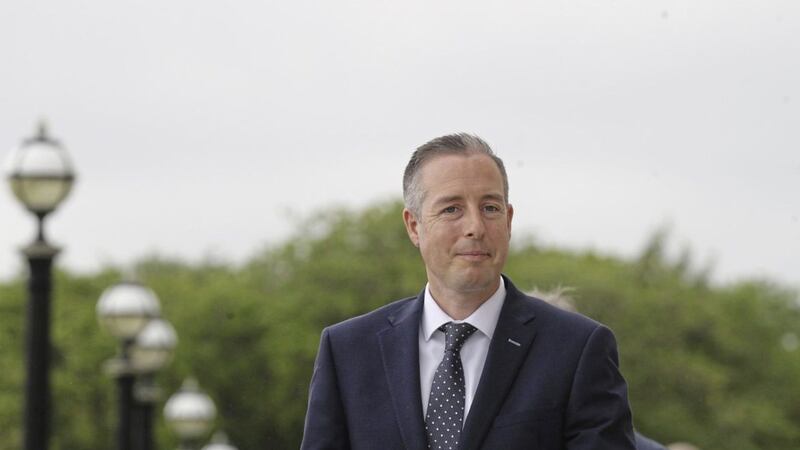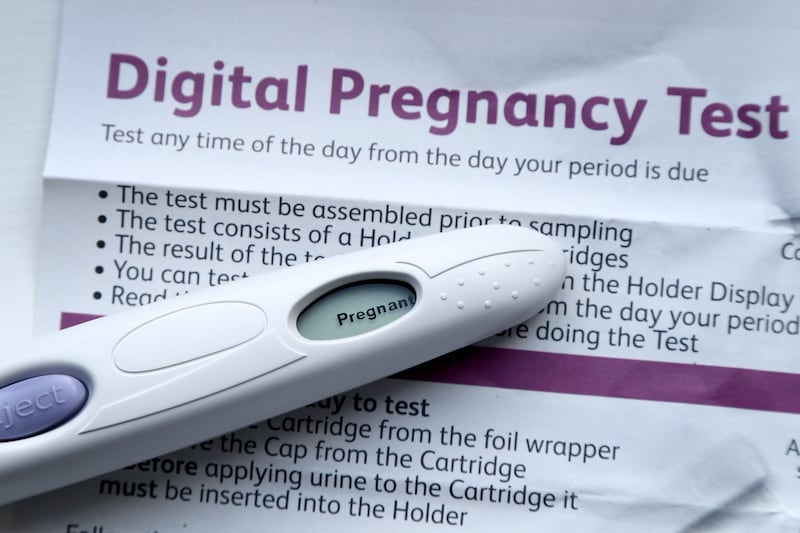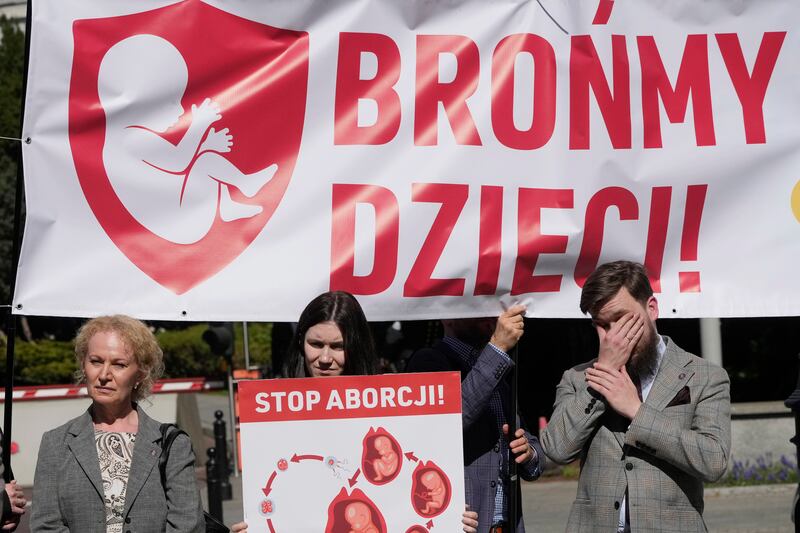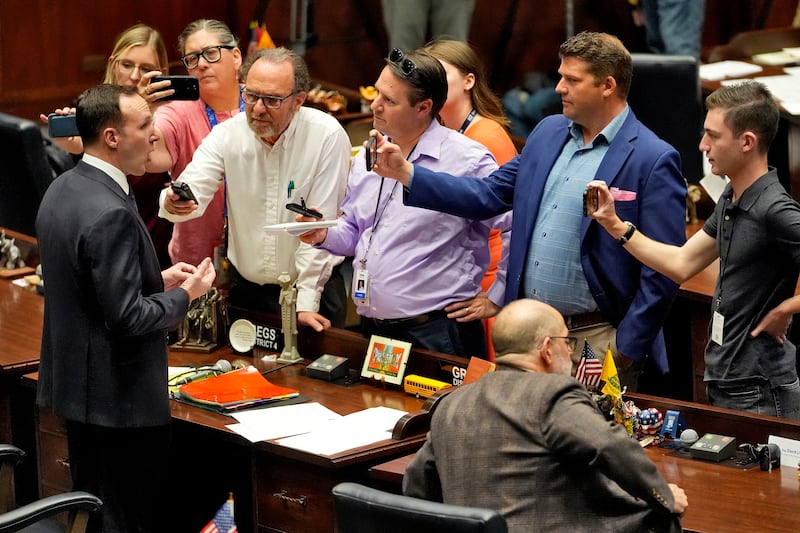Let us take a deep breath and consider those abortion laws, the most liberal in these islands, which have been imposed on us unilaterally (that word again!), sabotaging the devolution settlement.
Yes, laws that permit abortion up to birth on grounds of Down’s syndrome.
Those imperiously imposed British laws that have been cheered on by our Sinn Féin deputy first minister and are being acquiesced in by a strangely silent SDLP leadership.
Laws that are, thankfully, being gallantly resisted by our new DUP first minister.
Abortion is, of course, one of the most sensitive and emotive issues upon which to comment. And especially so for a male of whatever station in life, to use an old-fashioned phrase.
As a man, I am humbly cognisant that I will never be confronted with the reality of carrying in my body a human being whose arrival portends fear and dread rather than joyous grateful expectation. The reality that horrific loneliness and mental anguish often accompanies a girl or woman in this situation underlines why judgmentalism is out of place. This is an issue on which good people may fundamentally disagree.
But on this occasion this column is not considering the rights and wrongs of abortion per se, rather the legal framework that has been imposed around it over the heads of our own assembly.
The understandable sensitivity that surrounds the issue applies especially to Northern Ireland owing to a range of social, cultural and religious reasons
Consequently, the 1967 Abortion Act never applied here. As a result, at a conservative estimate, 100,000 human beings are alive here who would otherwise have been aborted, according to a Both Lives Matter bothlivesmatter.org report whose findings were upheld by the Advertising Standards Authority.
Last month, two days after he unilaterally announced the amnesty, Brandon Lewis, the secretary of state, sneaked in a Written Statement in Parliament in which he ordered our health minister and our first minister and deputy first minister to commission abortion services by the end of March, in line with the legislation imposed by Westminster in July 2019 – when our Assembly was suspended – and the ensuing regulations that effectively permit abortion on request up to 24 weeks and in some cases permit abortion with no time limit.
First Minister Paul Givan has shown leadership and courage in resisting Mr Lewis’s diktat, and he is right to stress that the Westminster government is disrespecting devolution and exacerbating this most sensitive of issues. His criticism has echoed the robust opposition that has also been expressed by the Catholic bishops and the Presbyterian Church.
The crucial point is that abortion is a devolved matter and the laws governing it should be decided at Stormont, not Westminster, with MLAs being free to vote according to their consciences.
When Stormont debated abortion, in June 2020, one of the most memorable moments came when Dolores Kelly, SDLP MLA, said of Sinn Féin: “I fail to understand why a so-called republican party supports a British government determining on the right to life of unborn Irish children. It is a long way from the Proclamation of 1916, which promised to cherish all the children of the nation equally.”
That criticism has, sadly, stood the test of time, and still strikes a chord with many across the community, including some Sinn Féin voters.
These laws are an attack on democracy and clearly do not command parallel consent in the assembly. The NIO had to admit that its own consultation showed that 79 per cent of the 21,000 individuals and organisations that responded were opposed.
The moral and political challenge to our political leaders is to unite to demand the repeal of the Westminster legislation and to take responsibility under the devolved settlement to produce a legal framework more in keeping with the thrust of local public opinion.
Are they up for it, apart from the DUP and TUV? I am not holding my breath.








